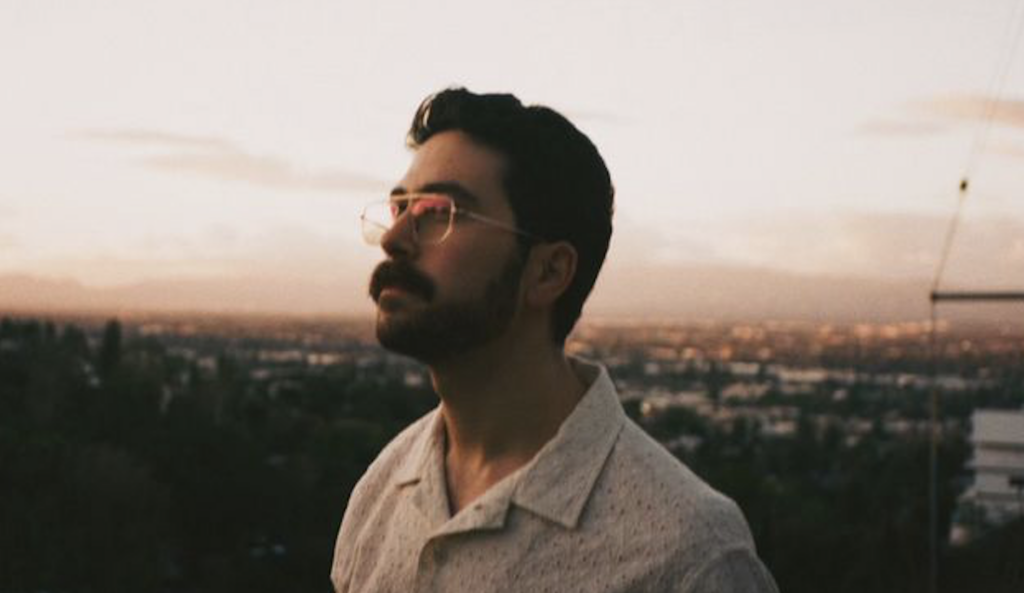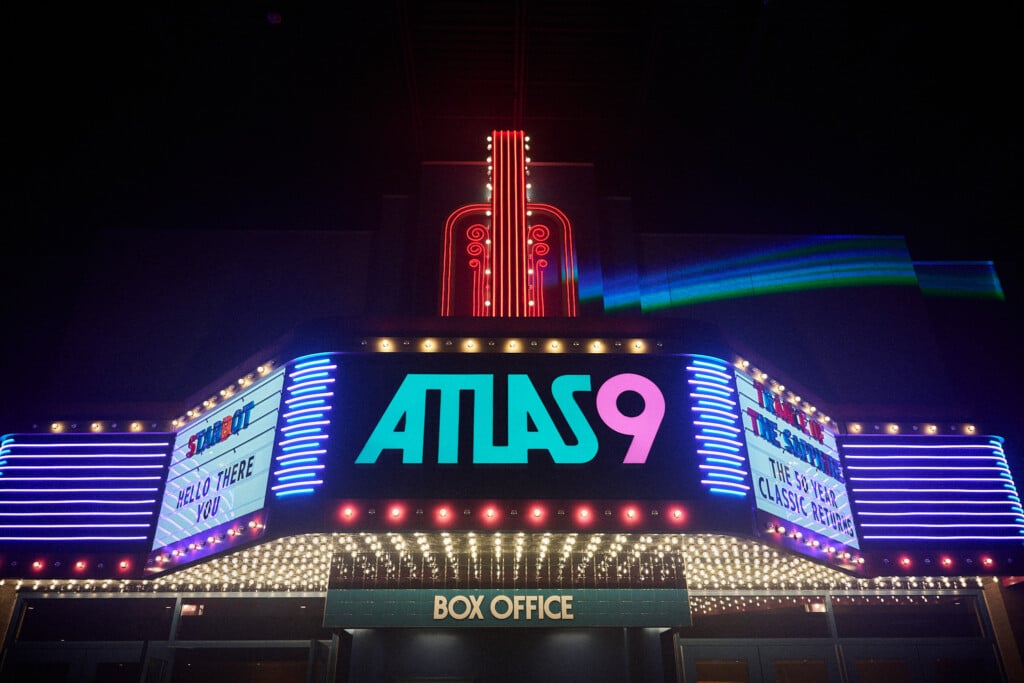True/False 2024: Seeking Mavis Beacon looks for the woman who taught us how to type
A mystery of identity is just the start of a journey through friendship and identity in the digital age.
The True/False Film Festival is currently running in Columbia, MO. The nationally renowned event brings together many of the year’s most important upcoming documentaries and our film editor Abby Olcese is sharing highlights. Read this year’s other coverage here as it goes live.
When I hear the name “Mavis Beacon,” I think of my elementary school computer lab and, secondarily, my parents’ PC, where I learned how to use a QWERTY keyboard from a friendly, professional-looking digital Black woman sporting a sharp skirt-suit and a flawless bun. Growing up, I saw Mavis as a kind, patient teacher (or at least a pair of ghostly hands that mimicked my finger movements).
To Jazmin Jones, however, Mavis Beacon—she of Mavis Beacon Teaches Typing—was a pioneer, a representation of Black excellence in a tech industry that didn’t boast much gender or racial diversity. Seeking Mavis Beacon follows Jones and her collaborator Olivia Ross as they try to find the truth behind the character of Mavis Beacon, a fictional figure created by the company that developed the software (yup, there is no “real” Mavis Beacon), and brought to life by a woman named Renee L’Esperance.
L’Esperance is really the tip of the iceberg here. Jones starts the film by referencing both Cheryl Dunye’s essential 90s queer comedy The Watermelon Woman and Orson Welles’ classic not-quite-documentary F for Fake, which tells you a lot about what to expect from Seeking Mavis Beacon. Jones is solving a cultural mystery, yes. But she’s also exploring identity, privacy and our ever-shifting right to both in the digital age.
Self-described “E-girl detectives,” Jones and Ross are queer artists deeply connected to online culture and its creative potential. Despite their generational difference (Jones is a millennial, Ross Gen-Z), they both consider Mavis Beacon a pivotal figure who helped them realize there was a place for them online. The pair dig deep into the history of Mavis Beacon Teaches Typing, including the many conflicting stories about its origin, and attempt to track down L’Esperance herself.
Jones frames her footage with tiktok clips, deepfake videos, digital art and social media posts that consider the nature of truth online while simultaneously celebrating the internet’s ability to bring together unique communities of artists, people of color and LGBTQ+ individuals. Jones and Ross are children of the internet, and are thoroughly aware of its powers for good and for ill, as well as what it means to have grown up being inundated with ideas, art and data every waking moment.
The pair’s investigation—which includes tarot, witchcraft and numerous cross-country trips—is a deeply personal one, at times funny (“I’ve watched The Watermelon Woman 100 times,” Jones groans despondently over the phone to Ross at one of her lowest moments, reaching for Dunye’s film as a comfort) and at times frustrating (L’Esperance seems not to want to be found, for good reason, sending the two filmmakers into a tailspin of ethics vs effective storytelling). It’s also a visually dynamic movie, playing with digital art and featuring some top-notch editing. One shot that transitions seamlessly from Jones jumping on a backyard trampoline to an inflatable tube dancer on the side of a Florida road may be one of the best of the year.
Those who crave structure from their documentaries may struggle with parts of Seeking Mavis Beacon, as it circles its destination rather than arriving at it. But the perspectives it explores and the world it opens up is worth investing your time and attention. If you’re a fan of experimental essay films and documentaries that function as memoir more than journalism, you’ll find a lot to love.





